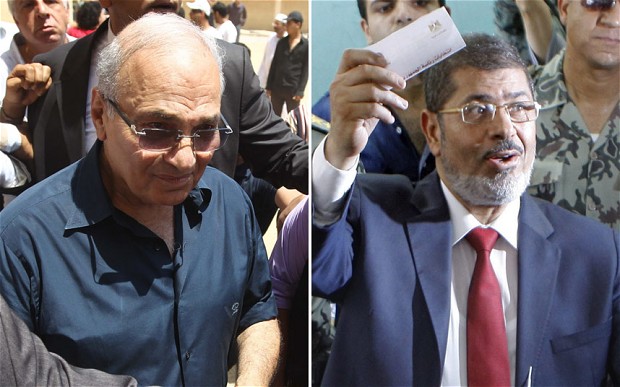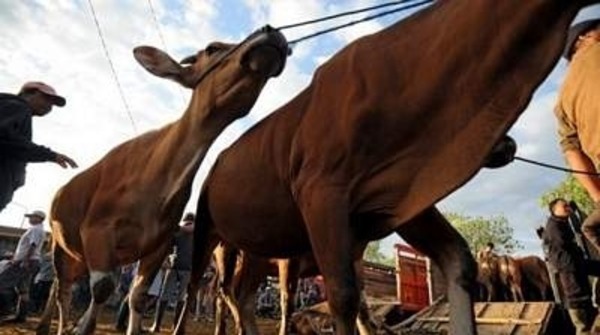The Administrative Court ordered Tuesday the annulment of a media gag previously imposed regarding the alleged forgery of the 2012 presidential elections, which featured former president Mohamed Morsi and his rival Ahmed Shafiq.
In a copy of Tuesday’s detailed verdict, published by state-owned newspaper Al-Ahram, the court noted the right of citizens and the media to be informed, to request sources of correct information, and to discuss and debate information received without restrictions on freedom of speech, as public news and information structure public opinion.
Moreover, the court verdict stated that “every space vacant from correct information in the media will be filled with misleading information and lies, which increases confusion and ignorance among the public, and harms the media’s role in positively affecting public rights and freedoms”.
The court ruling revokes the media gag issued by former prosecutor general Hisham Barakat on 14 October of 2014, instructing the chief of Egyptian Radio and Television Union (ERTU), Essam Al-Amir, to suppress the publication of all information, whether in visual or audio form, related to the case, pending the completion of the investigation.
The court’s decision, to be enforced on private media as well, came following the summoning of Al-Masry Al-Youm’s former chief editor, Ali El-Sayed, for investigations, following a title in the newspaper’s front page announcing the publication of investigation records in the elections forgery case.
However, other local news websites, such as Al-Shorouk and Al-Wafd, published another part of the court statement, which revealed that the media gag was a violation of the law, because there was never an investigation launched by the prosecution authorities into the case.
The law entitles the prosecutor general to ban media coverage in sensitive cases that are under investigation by the prosecution authorities, if believed to influence or interfere with the ongoing legal process.



